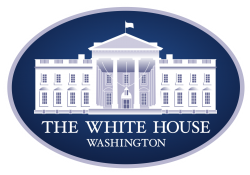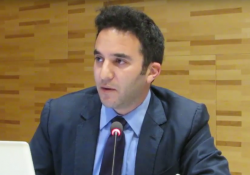Rep. Jan Schakowsky Questions Dr. Anthony Fauci on Zika Vaccine Price at House Energy and Commerce Subcommittee Hearing
On May 23, 2017, Rep. Jan Schakowsky, D-Ill., asked Dr. Anthony Fauci whether he believed the federal government should use “every tool” to ensure that Sanofi charges a fair price for a taxpayer-funded Zika vaccine that is being developed by the U.S. Army and funded by BARDA.
Dr. Fauci responded that he did not believe that the government had the “mechanisms” to guarantee an affordable price, even when the U.S. government and taxpayers have made a “major investment” in the development of a drug.
KEI has separately uploaded a short clip of the exchange between Rep. Schakowsky and Dr. Fauci:
Additional information on the Army-BARDA-Sanofi vaccine collaboration is available at /zika and /zika-timeline.
Video of the full hearing and copies of written testimony are available via the House Energy and Commerce Committee website: https://energycommerce.house.gov/hearings-and-votes/hearings/us-public-health-response-zika-virus-continuing-challenges.



